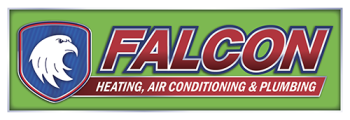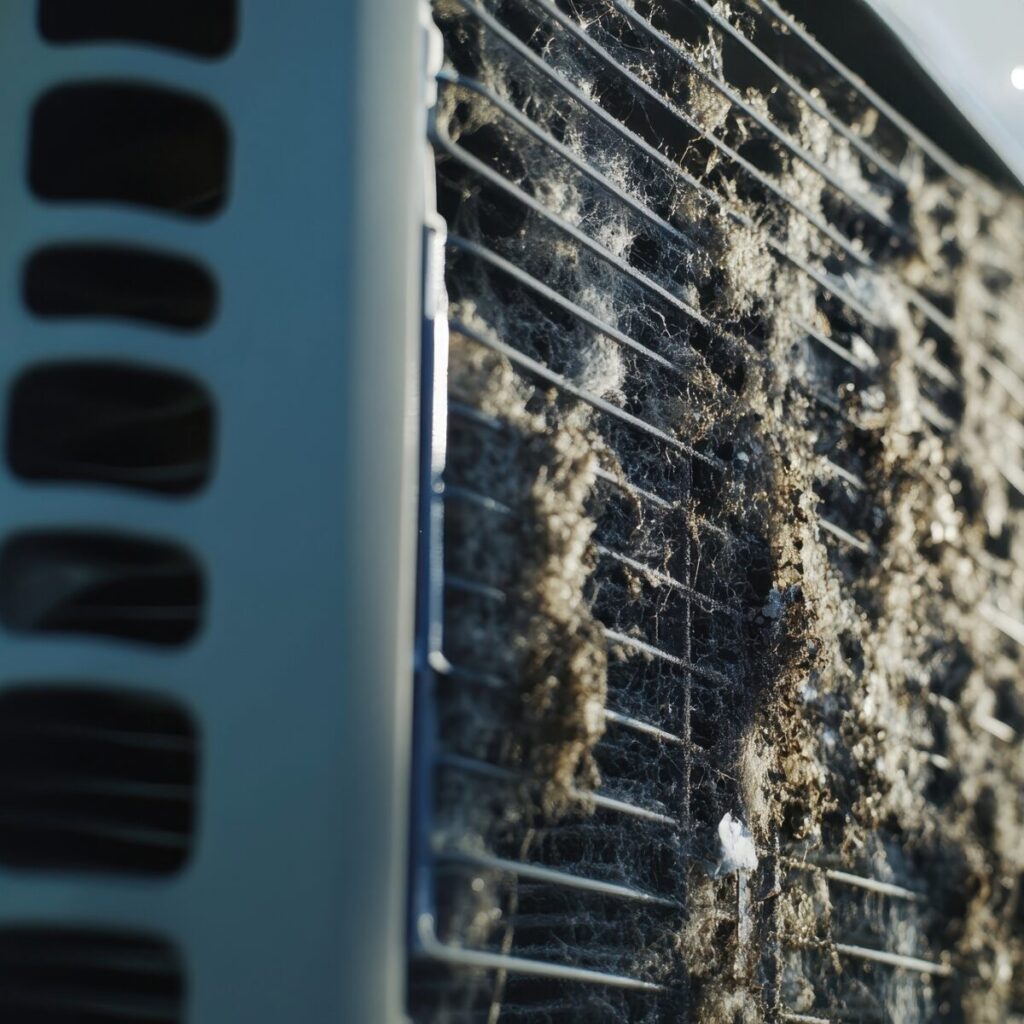Let’s talk about the air inside your home. You might not think about it often, but you’re breathing it in all day and all night. If your indoor air quality isn’t where it should be, you could be dealing with more than just some light dust or a funny smell. Poor indoor air can impact your sleep, your focus, your skin, and even your health. So, we’re answering some of the most common questions NOVA homeowners have that can help you too.
What exactly is indoor air quality, and why should I care?
Indoor air quality is all about how clean and healthy the air in your home is. It’s affected by things like dust, pet hair, humidity levels, cleaning products, and even the materials used in your flooring or furniture. If the air inside your home isn’t circulating properly or filtering out pollutants, you could end up breathing in a lot of junk. For people with asthma, allergies, or young kids at home, this can make everyday life uncomfortable. And even if you don’t have any obvious symptoms, poor air quality can still be taking a toll on your energy and immune system.
Where do indoor air problems usually come from?
The sources are everywhere. Cooking without ventilation. Pets that shed. Humid bathrooms with not enough airflow. Paints, candles, and cleaning sprays that release chemicals. Even new furniture can give off fumes. If your home doesn’t have great ventilation, these things just build up over time. And unless you’re regularly filtering or replacing the air, all that buildup lingers and spreads throughout your space.
How do I know if my air quality isn’t great?
There are some subtle signs to look out for. Maybe your home always feels stuffy, or you notice you’re sneezing more inside than out. Maybe your eyes get dry and irritated, or you wake up with a sore throat. Some people notice a weird smell they can’t quite place, while others feel tired or foggy without knowing why. If you leave the house and feel better but start to feel off again once you’re back inside, your indoor air could be the issue.
What can I do to improve it?
You don’t have to gut your house or spend a fortune to make a difference. Start small. Crack a few windows when you can, especially when cooking or cleaning. Use the exhaust fans in your kitchen and bathroom. Switch to non-toxic cleaning products. Clean and vacuum often, especially if you’ve got pets. Most importantly, check and change your air filters regularly. A dirty filter can’t do its job, and most people wait too long to replace them.
If you want to take things a step further, consider an air purifier, especially one with a HEPA filter. These can trap dust, pollen, and even viruses. A dehumidifier is great for basements or humid climates, because certain bacteria thrives in moisture. And if your AC system is older, make sure it’s being serviced at least once a year. An annual tune-up can make a big difference in how well your system handles air quality.
Can I just buy a bunch of plants and call it a day?
Houseplants are great. They add a touch of green, improve your mood, and some even have mild air-purifying qualities. Favorites like the snake plant, peace lily, spider plant, and pothos are known for their ability to remove low levels of toxins like formaldehyde and benzene. Aloe vera and bamboo palms can also contribute to healthier air, especially when placed throughout the home. But while these leafy friends are charming and helpful in small ways, they’re no match for real indoor air pollution concerns. They won’t remove pet dander, bacteria, viruses, or the constant stream of airborne particles that come from everyday living. Think of plants as a bonus, not a solution. If you really want to breathe better, especially in Northern Virginia, where we deal with high humidity and seasonal allergens, you’ll want to take a more comprehensive approach.
How do I know when to call a professional?
If you’ve tried improving airflow and switching filters but things still feel off, it’s a good idea to get your air professionally tested. This is especially important if someone in your home has asthma, respiratory issues, or you’re worried about radon or carbon monoxide. Falcon Heating, Air Conditioning & Plumbing offers a full suite of indoor air quality products that go beyond what any houseplant can do. Our high-performance air filters catch the fine particles that sneak past standard heating and cooling systems. We install whole-home humidifiers and dehumidifiers to help maintain ideal moisture levels. And for homes that need better ventilation, our Energy Recovery Ventilators (ERVs) bring in fresh outdoor air while efficiently removing stale indoor air. Together, these systems work to ensure that every breath you take is cleaner, safer, and more comfortable, something a plant alone just can’t promise.
With routine checkups and priority service, we make sure your system is always running clean and efficiently. No guesswork. No last-minute breakdowns. Just peace of mind that the air you’re breathing is safe and your equipment is in expert hands. All you have to do is call the experts at Falcon at (402) 466-7437 to schedule an in-home consultation!

